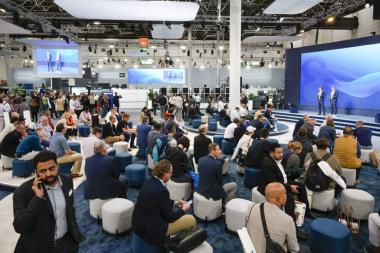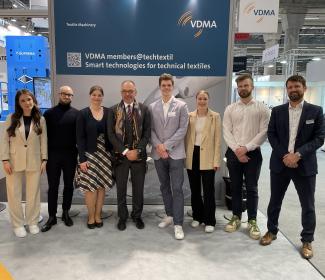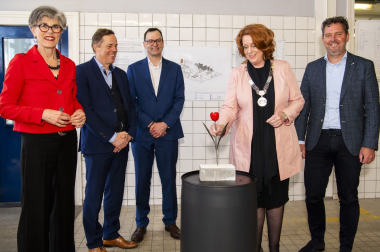Brückner, Groz-Beckert and Karl Mayer: Warp knitting symposium in Brazil
The German companies Brückner, Groz-Beckert, the Karl Mayer Group and Thies invite representatives of the Brazilian textile industry to a symposium with presentations and discussion panels in Blumenau, Brazil, on August 21, 2024. The event will be held at NS Armazém, Fortaleza, Blumenau and will focus on the current demand trend for warp knitted elastic fabrics.
The aim of the symposium is to provide a platform where knowledge can be exchanged and cooperation intensified. The symposium offers a wide variety of technical presentations as well as best practice examples and showcases cutting-edge technologies and innovations in warp knitting technology.
Interactive sessions and discussion rounds promote exchange among participants and provide networking opportunities. The event language is Portuguese.
Those interested in attending the symposium may contact the sales representatives: Frank Bernhard or Fabricio Rampani (Brückner, Thies & Karl Mayer), or Diomar Gomes Vieira (Groz-Beckert) to register.
Groz-Beckert KG































